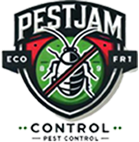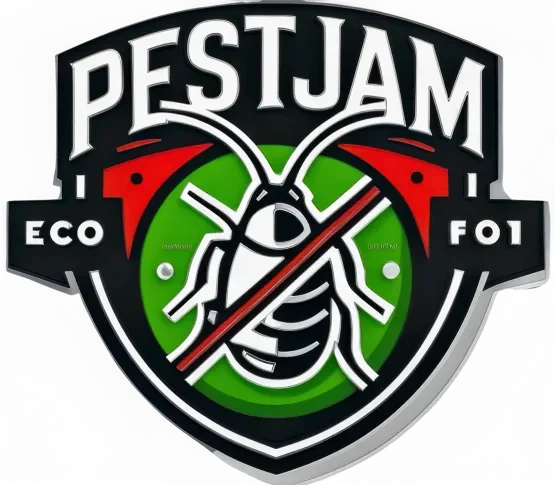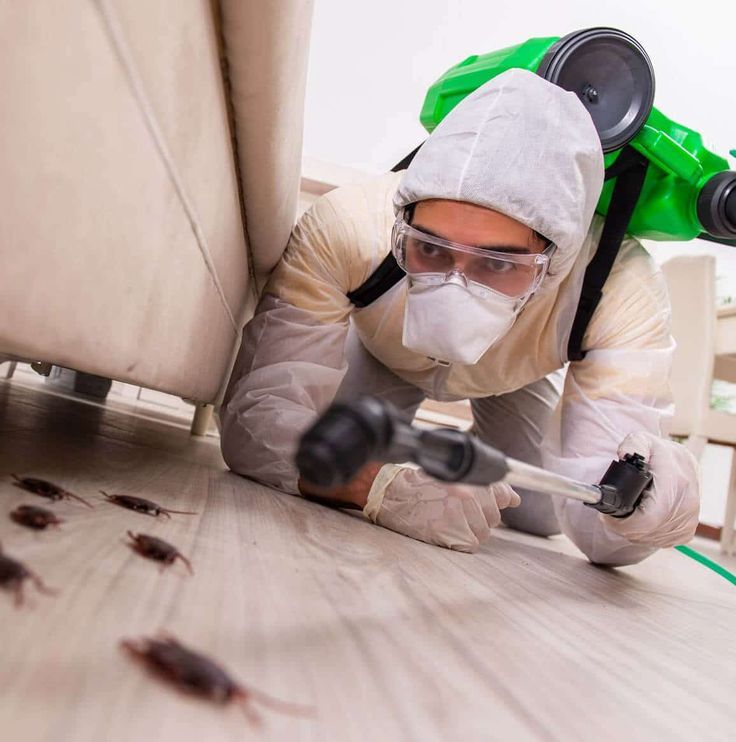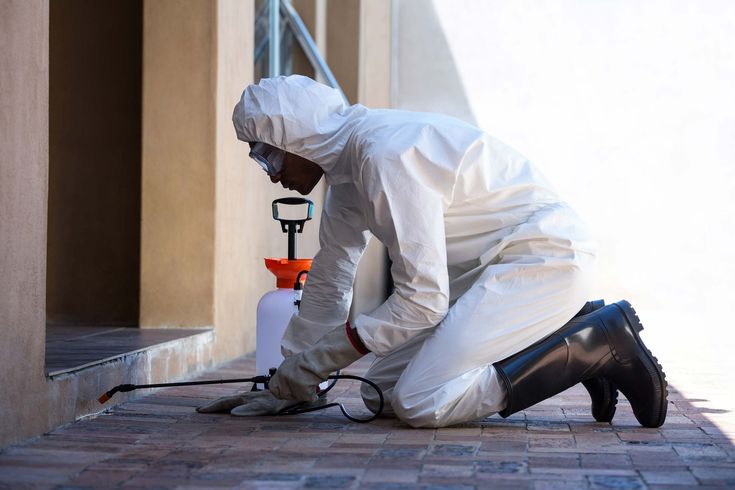Few insects spark as much fear and fascination as wasps. These buzzing creatures play a crucial role in ecosystems, but their feeding habits often lead them into conflict with humans. If you’ve ever wondered “what do wasps eat?”, you’re not alone. At Pest Jam, we break down everything you need to know—from their favorite foods to how their diet affects their behavior—so you can better understand (and manage) these striped stingers.
What Do Wasps Eat? A Breakdown of Their Diet
Wasps are opportunistic feeders, meaning their diet changes depending on their life stage, species, and food availability. Unlike bees, which rely solely on nectar and pollen, wasps have a much more varied menu.
Adult Wasps: Sugar Seekers
Most adult wasps feed primarily on sugary substances, including:
- Nectar from flowers
- Tree sap and rotting fruit
- Human food like soda, juice, and sugary snacks
This is why you’ll often see wasps buzzing around picnics, garbage cans, and fallen fruit in late summer.
Larval Wasps: Protein Hunters
While adult wasps crave sugar, their larvae need protein to grow. To feed their young, many wasp species hunt:
- Insects (flies, caterpillars, spiders, and even mosquitoes—so yes, do wasps eat mosquitoes? Absolutely!)
- Other arthropods like aphids and ants
- Meat scraps (which is why do wasps eat meat? Yes, especially social wasps like yellow jackets)
Some wasps even paralyze prey and bring it back to the nest alive, storing it as fresh food for their larvae.=
Do Wasps Eat Bees? The Surprising Truth
One of the most common questions we hear is, “do wasps eat bees?” The answer: some do. Species like the European hornet and yellow jackets occasionally attack honeybees, particularly in late summer when other food sources dwindle. They may:
- Kill bees for their larvae
- Rob honey from weakened hives
- Prey on solitary bees
However, most wasps prefer easier targets like caterpillars and flies rather than battling defensive bee colonies.
Wasps vs. Hornets: What’s the Difference in Diet?
Many people confuse wasps with hornets, but their diets differ slightly. When asking “what do hornets eat?”, the answer is similar—but hornets tend to be more aggressive hunters. They frequently target:
- Large insects (grasshoppers, moths, even other wasps)
- Tree sap and fruit
- Beehives (especially Asian giant hornets, which can decimate entire colonies)
What Eats Wasps? Natural Predators
While wasps are predators themselves, they’re not at the top of the food chain. Many animals keep their populations in check, including:
- Birds (like magpies, starlings, and tanagers)
- Spiders (especially orb-weavers, which catch them in webs—so do spiders eat wasps? Yes!)
- Bats (they snatch them mid-flight—do bats eat wasps? Some species do)
- Other insects (dragonflies, robber flies, and praying mantises)
These predators help control wasp numbers naturally.
Are Wasps Good for Anything? Benefits in Nature
Despite their bad reputation, wasps provide key ecological benefits:
✔ Pest control – They eat aphids, caterpillars, and flies, helping gardeners.
✔ Pollination – While not as efficient as bees, some wasps pollinate flowers.
✔ Decomposition – They help break down dead insects and organic matter.
So next time you see a wasp, remember: they’re not just pests—they’re part of nature’s balance.
How to Keep Wasps Away (Without Harming Them)
If wasps are becoming a nuisance, try these eco-friendly deterrents:
- Homemade wasp traps (use sugar water or fruit juice—avoid honey to protect bees)
- Keep food covered during outdoor meals
- Remove fallen fruit from yards
- Plant wasp-repelling herbs like mint, eucalyptus, and citronella
For persistent nests, professional removal is safest.
Understanding what wasps eat helps demystify their behavior—and may even make you appreciate their role in nature. If they’re causing trouble, Pest Jam offers humane solutions to keep your space wasp-free without disrupting the ecosystem.
Spotted a nest? Don’t panic—observe first, then take smart action!









